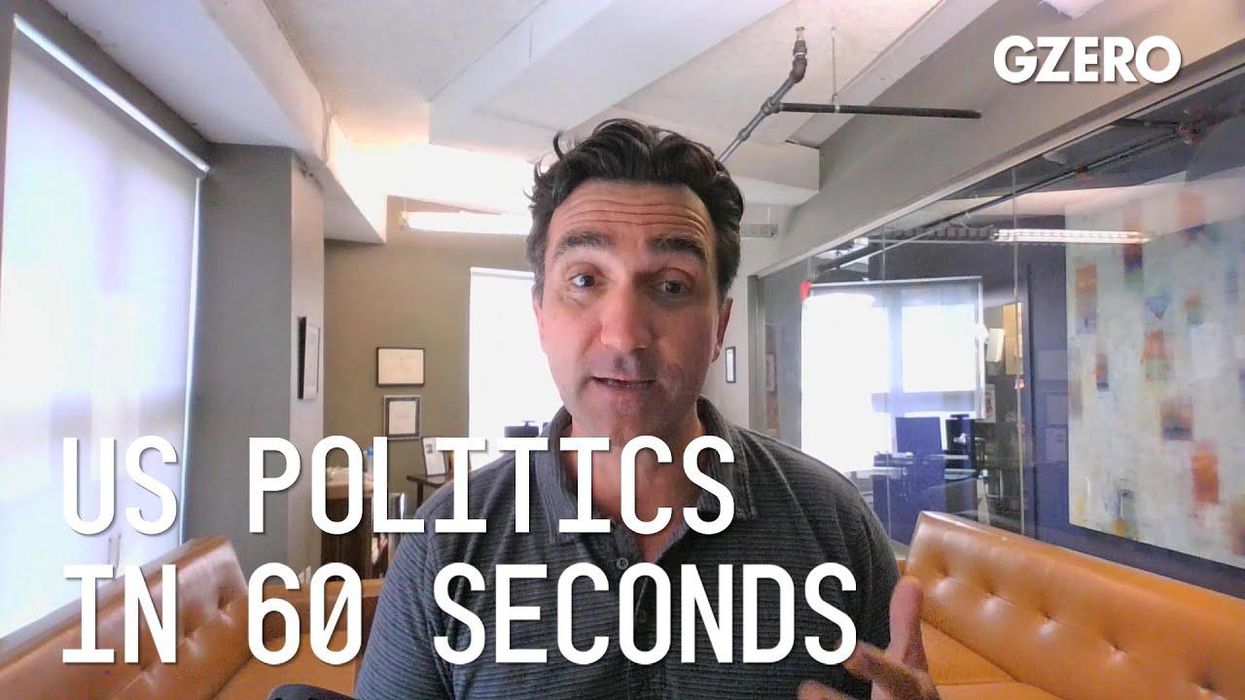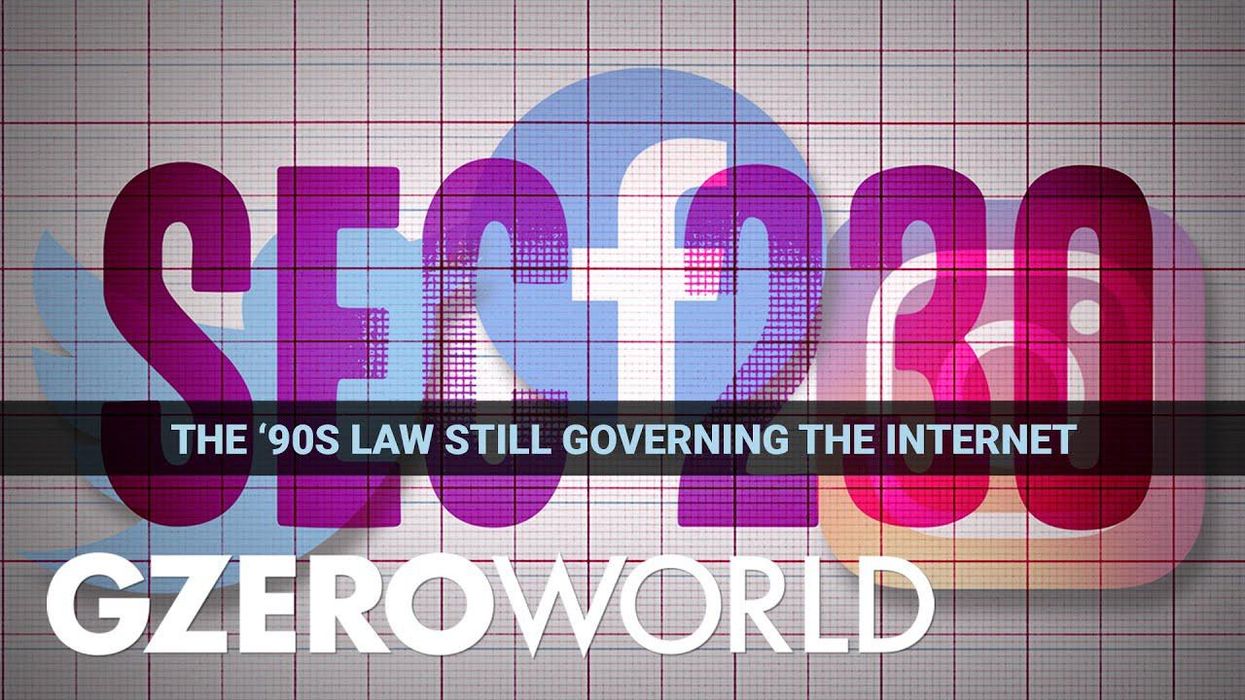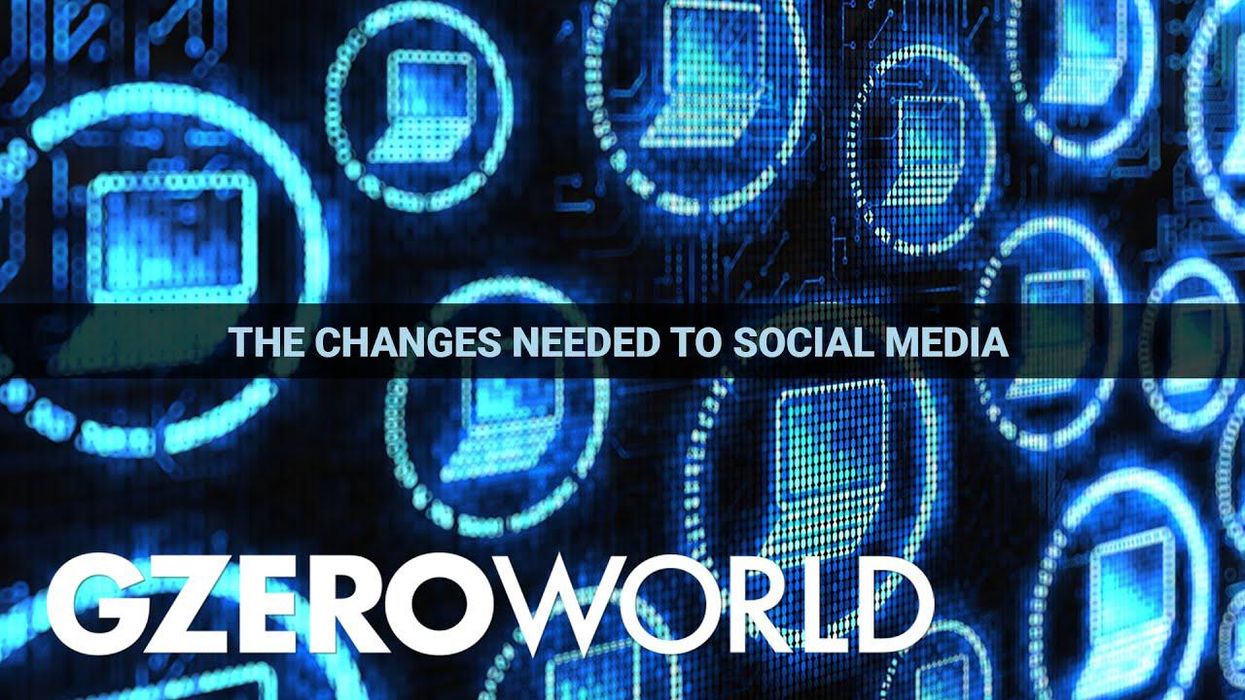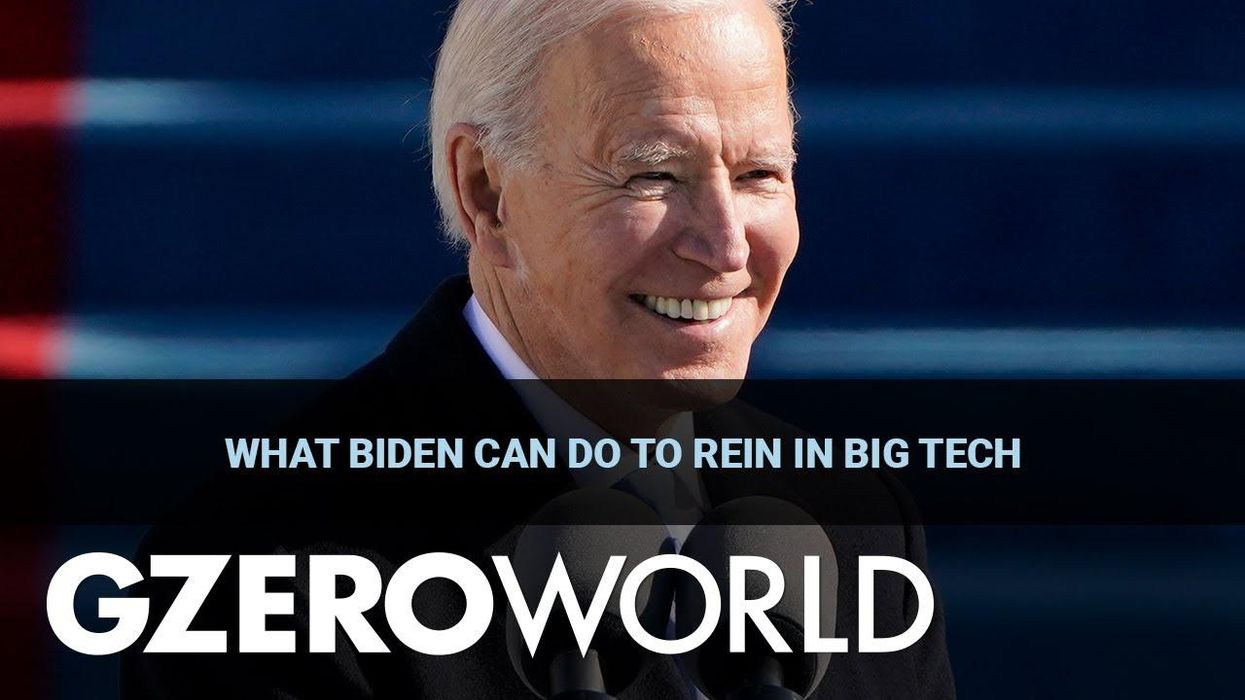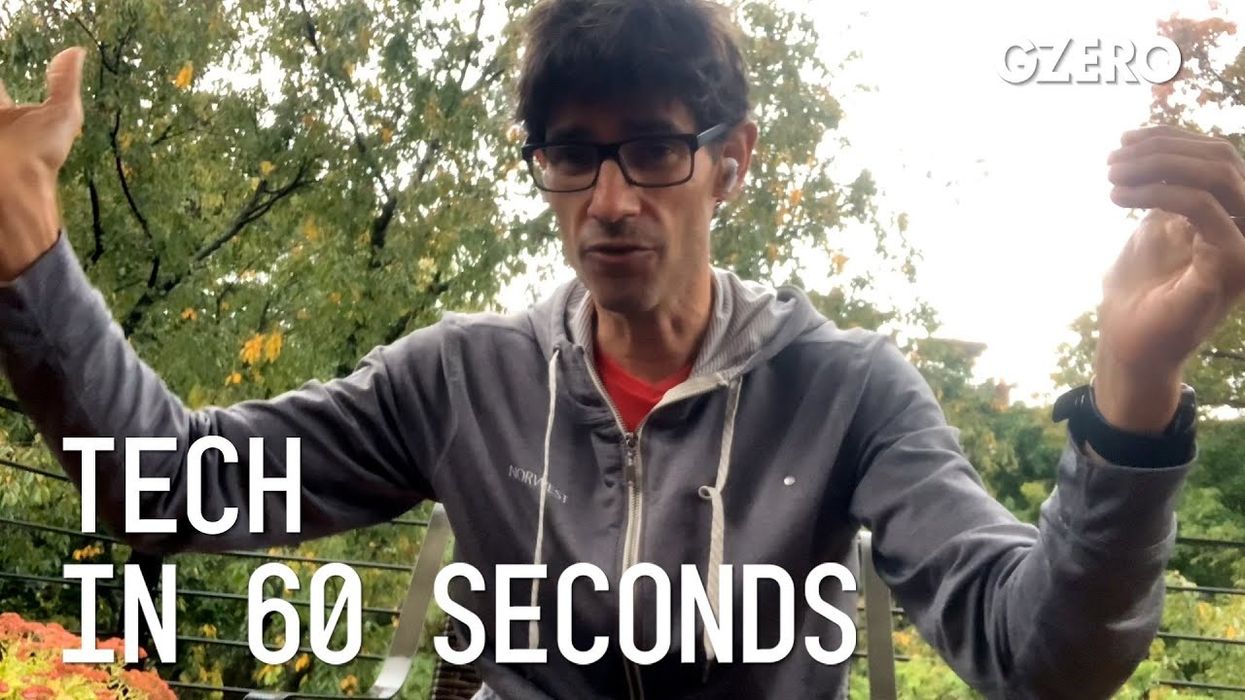GZERO AI
Section 230 won’t be a savior for Generative AI
This part of the Communications Decency Act has become a lightning rod for critics on both sides of the political aisle seeking to punish Big Tech for perceived bad behavior. But will 230 apply to generative AI services like ChatGPT or Claude?
Apr 16, 2024

